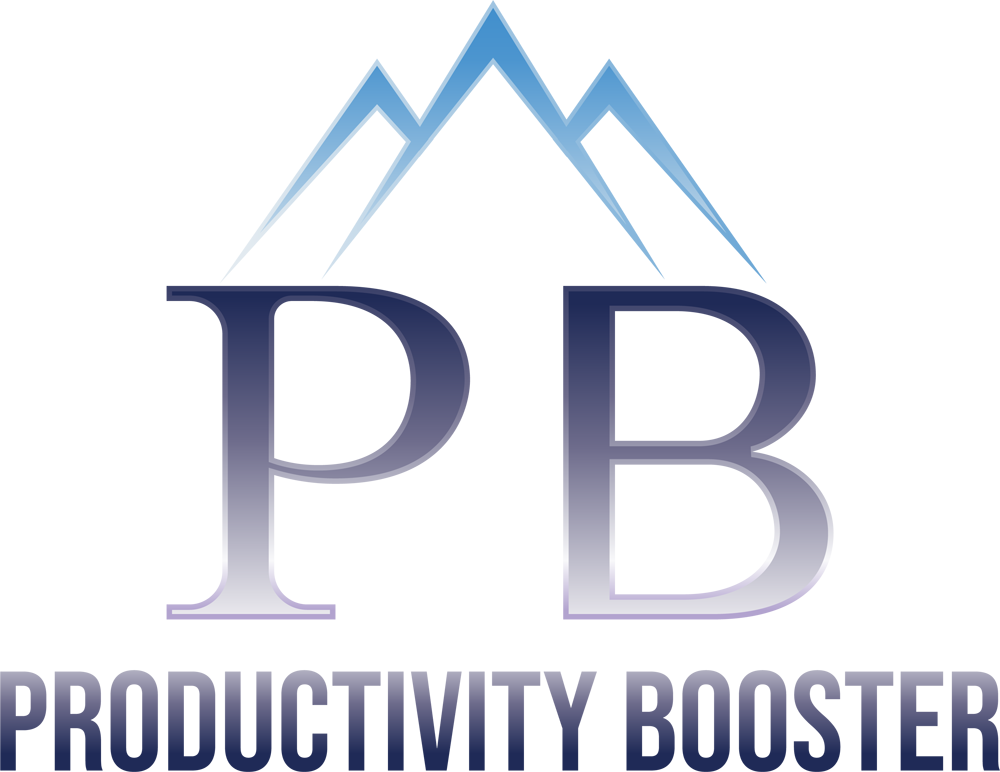
20 Oct The Productivity Chameleon: How Stress Can Propel You To Success
Have you ever heard that stress can propel you to success? It turns out that there are different kinds of stress, and a lot depends on your perception of events and the level of stress you experience. Like a chameleon that changes its colour, stress can impact productivity both in positive and negative ways. Let’s dig deeper and go to the roots of these findings.
First of all, what is actually stress?
 For a human organism, stress is considered to be any condition when something from the outside disturbs the internal balance. Stress is not only a psychological but also a physical phenomenon. For instance, cold outdoor temperature is perceived as stress for the human body if we are not dressed appropriately. The cold stimulates the person to take certain steps to get warm. From this example, it is clear that human stress is beneficial. It warns us that something is wrong and encourages us to take action that leads to the solution of the problem.
For a human organism, stress is considered to be any condition when something from the outside disturbs the internal balance. Stress is not only a psychological but also a physical phenomenon. For instance, cold outdoor temperature is perceived as stress for the human body if we are not dressed appropriately. The cold stimulates the person to take certain steps to get warm. From this example, it is clear that human stress is beneficial. It warns us that something is wrong and encourages us to take action that leads to the solution of the problem.
The same happens when we experience psychic stress. The growing tension signals that not all our needs are met, that our core values are endangered. When experienced in small quantities, stress makes us more aware of our needs, more willing to work, more durable. It may be compared to a vaccination that makes us stronger. In biological terms, stress is necessary for the organism to develop and survive. The psychic or physical unbalance is inevitably perceived as a tension in an organism. This tension forces a person to certain behaviors that eventually restore the state of balance.
Under certain conditions, we can consider stress to be good, even desirable, as well as favorably affecting performance. This is partly true, as the secretion of certain hormones and neurotransmitters will accelerate and help us perform the task more efficiently. However, this is not always the case, and we are well aware of the opposite side of stress that leads to the physical decline of the organism.
 In a psychosocial sense, stress does not depend on external factors alone, but much more on the way we perceive these factors. People respond to external events according to the importance they attach to them. It does not only matter if a person experiences an event, but also interprets that event as stressful. People interpret events differently, do not give them the same significance. Therefore the level of stress is exclusively a subjective category.
In a psychosocial sense, stress does not depend on external factors alone, but much more on the way we perceive these factors. People respond to external events according to the importance they attach to them. It does not only matter if a person experiences an event, but also interprets that event as stressful. People interpret events differently, do not give them the same significance. Therefore the level of stress is exclusively a subjective category.
For instance, the person who is satisfied with his job and attaches a higher value to it, will react faster when this value is endangered, when some obligations are not fulfilled, and his business picture of himself is disrupted. In this case, stress will make a person rush in order to solve the challenge, make more effort and thus will increase his productivity.
Register for Free Productivity Booster Training Sessions
Stress leading to adaptation, or to a solution of the situation, can have a positive effect on productivity. The issue is that this kind of stress is usually not the one we are exposed to at work. Often we experience constant pressure on which we do not have much influence. We can not always solve it by our behavior. Sometimes this kind of stress creates a vicious circle. For example, we are stressed because we have too much work, and in order to get everything done, we adapt ourselves by staying longer in the office. Numerous new tasks are waiting for us tomorrow, including the emerging unforeseen circumstances. In addition, the boss assigns more responsibilities. In the end, we are not completing our tasks again simply because we come tired of yesterday’s longer work and experience all this pressure. In this way, we enter a vicious circle of stress: when trying to get rid of it, we make it grow exponentially.
If it gets out of control, toxic stress has a number of consequences for business performance and work productivity. To name a few, these are:

- reducing labor productivity
- negatively affecting employee health
- energy drain
- disrupting interpersonal relationships
The concentration of a person who is under a long-term stress goes down dramatically, and the obligations are forgotten more easily. In addition, long-term exposure to stress can lead to mental health damage and, for example, lead to anxiety or even panic disorder.
It is useful to know how to distinguish between types of stress and to react when we recognize that we are under stress. Long-term exposure to stress can lead to a burnout, which takes much more time to recover. If you hate Monday morning, go to the office with nausea and do not have a positive attitude towards colleagues and work environment, you should re-examine how much pressure you experience. If you come home and continue to talk only about work, do not have the will to socialize and finally, have insomnia, it is alarming.
An important item in stress management is a properly used holiday.

For optimal efficiency, a person needs a daily, weekly and annual vacation. Your vacation should last 3 weeks without interruption to really rest. In the first week, a passive vacation is necessary: without reading, hard physical activities, renovating the apartment, etc. Perhaps, as a beginner or in high school, you had the feeling that you had enough of summer and that you are ready for the new obligations? That feeling means you have really rested. It would be ideal to have two such vacations annually.
The weekend serves for a shorter relaxation. It is crucial to choose activities that will switch your attantion from work to other life fields. Do not carry your work obligations home. It is beneficial to see people you usually do not see during working days.
Last but not least, during your working day, organize yourself a mini-break where you should walk or exercise if you are doing a “sitting job”.
You can also get rid of toxic stress using the latest Neuroscience. [amazon_link asins=’1682303055′ template=’ProductAd’ store=’productivityboosterwp-21′ marketplace=’DE’ link_id=’e99b064a-b533-11e7-8dd3-d32d8902e263′]
Mark Waldman, one of the leading experts in brain research, suggests a number of techniques that reduce stress levels in a matter of minutes. It is incredible how simple strategies can reduce stress effectively. For example, deep rhythmic breathing helps reboot your brain as if it were your laptop. It is an effective method to stop worry and stress. Another technique includes yawning, stretching and giving yourself a feeling of pleasure. To summarize, contemporary science has provided us with the most effective tools to reduce stress and maintain top performance.
We’d love to hear from you!
How do you use stress to boost your growth and achieve top productivity? Please share your thoughts with us. Simply leave your comments and/or questions in the space below.

